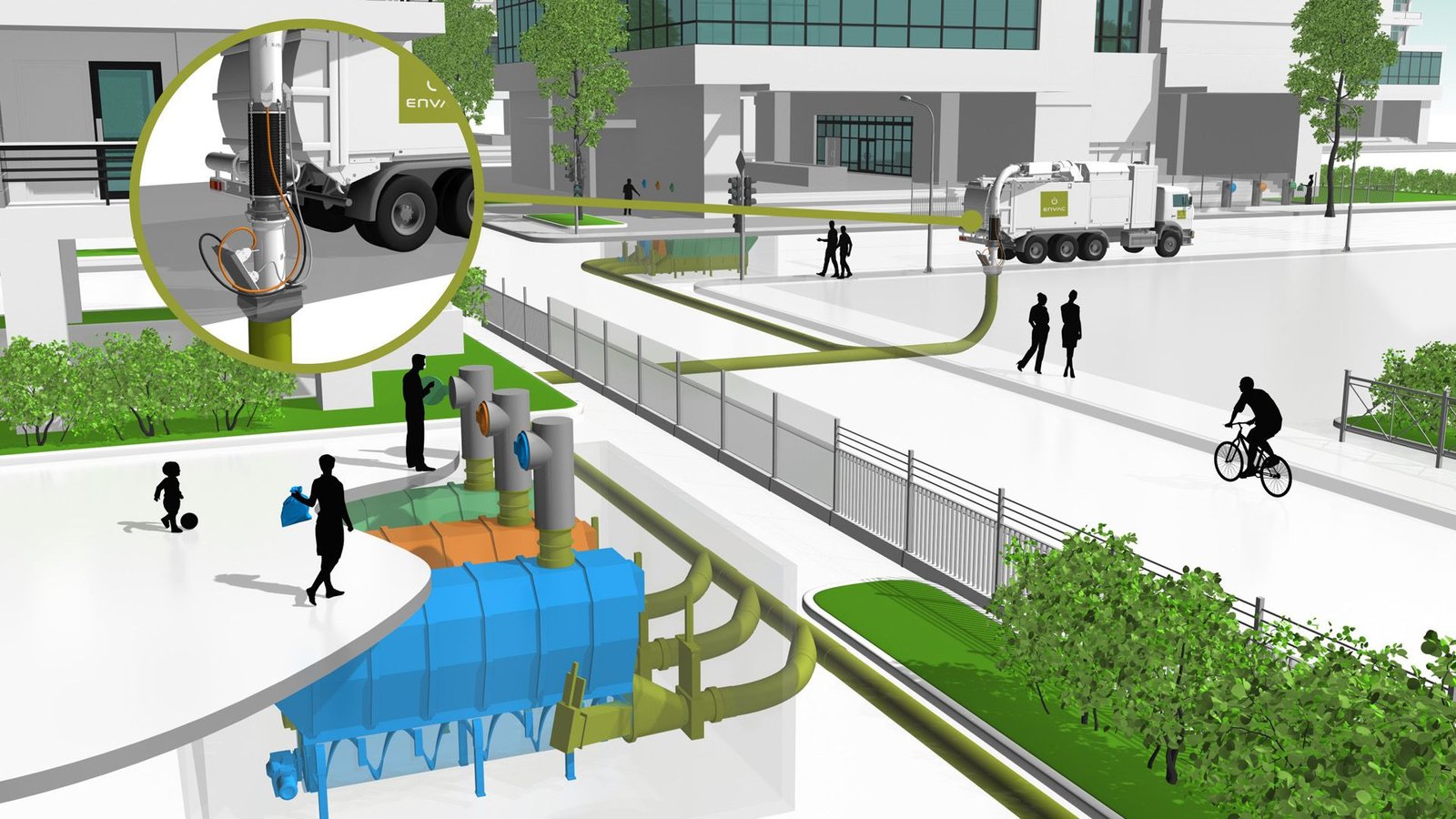As cities continue to grow, effective waste management becomes increasingly important. Smart waste management technology offers innovative solutions that enhance efficiency, reduce costs, and promote sustainability in urban environments. In this post, we’ll explore how these technologies are transforming waste management in cities.

The Need for Smart Waste Management
Urban areas face significant challenges related to waste management. High population density leads to increased waste generation, often overwhelming traditional waste collection systems. Moreover, inefficient collection methods can result in higher operational costs and environmental pollution. Smart waste management technology addresses these challenges by utilizing data and automation to streamline processes.
Smart Bins with Sensors
One of the key components of smart waste management is the use of smart bins equipped with sensors. These bins can monitor their fill levels and send real-time data to waste management services. This means collection trucks only need to visit full bins, optimizing collection routes and reducing fuel consumption. As a result, cities can lower their operational costs and minimize their carbon footprint.
Automated Sorting Systems
Automated sorting systems are another significant advancement in smart waste management. These facilities use AI and robotics to sort waste more efficiently. By quickly identifying and separating recyclables from general waste, automated systems reduce contamination and improve recycling rates. This technology not only speeds up the sorting process but also helps ensure that more materials are reused, supporting a circular economy.
Data Analytics for Better Decision-Making
Data analytics plays a crucial role in smart waste management. By collecting and analyzing data on waste generation, cities can make informed decisions about collection schedules and resource allocation. For instance, if data reveals that certain areas produce more waste during specific times, waste management services can adjust their collection strategies accordingly. This data-driven approach leads to more efficient operations and better service for residents.
Integration with Smart City Initiatives
Smart waste management technology is often integrated with broader smart city initiatives. By connecting waste management systems with other urban services—such as traffic management and public transportation—cities can create a more cohesive and efficient infrastructure. This integration allows for optimized resource use across various city services, enhancing overall urban sustainability.
Community Engagement and Awareness
Engaging communities is essential for the success of smart waste management. Many cities now offer mobile apps that provide information on waste collection schedules, recycling guidelines, and local initiatives. These tools help residents understand their role in waste management and encourage participation. By fostering a sense of community involvement, cities can improve recycling rates and promote responsible waste disposal.
The Future of Smart Waste Management
The future of smart waste management technology is promising. As cities continue to evolve, we can expect further advancements in automation, AI, and data analytics. New technologies, such as drones for waste monitoring and more sophisticated recycling methods, are on the horizon. These innovations will enhance the efficiency and effectiveness of waste management in urban environments, ultimately contributing to cleaner and more sustainable cities.
Conclusion
In conclusion, smart waste management technology is transforming urban environments by improving efficiency and sustainability in waste disposal. From smart bins and automated sorting systems to data analytics and community engagement, these technologies offer innovative solutions to the challenges of modern waste management. As cities adopt these advancements, they move closer to achieving their sustainability goals, creating a cleaner and healthier environment for all residents. Let’s embrace smart waste management for a better future!



